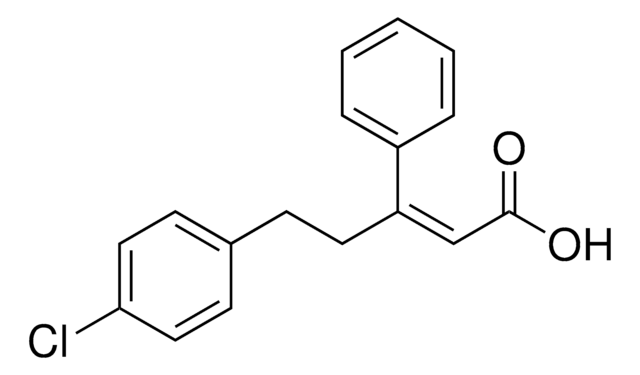P9241
Nunc® MicroWell™ 384 well optical bottom plates
384 well optical bottom plate, cell cultured treated, 120 μL/well, black, 30/cs
Sinónimos:
384 multiwell plate, 384 well ELISA plate, 384 well immunoassay plate, 384 well microplate, 384 well microtiter plate, 384 well optical bottom plate, 384 well plate, ELISA plate, immunoassay plate, optical bottom plate
About This Item
Productos recomendados
material
black polystyrene
flat bottom clear polystyrene wells
sterility
sterile
feature
lid
polystyrene/polymer base
packaging
case of 30 ea (internal packs of 10)
manufacturer/tradename
Nunc 142761
maximum volume
500 μL
plate L × W
128 mm × 86 mm
size
384 wells
well maximum volume
100 μm
working volume
100 μL
suitability
suitable for (fluorescence/luminescence based assays)
¿Está buscando productos similares? Visita Guía de comparación de productos
General description
Optimum clarity for viewing well contents. Polymer bottom plates combine the optical clarity of virgin crystalline polystyrene with optimal surface for a wide range of HTS applications. Polystyrene upper structures available in black or white. Flat bottom well geometry for plate reader access. Black plates provide minimum back-scatterd light. White plates maximize reflection and provide minimum autoflorescence and autoluminescence. Note: All plates supplied with lid and sterile.
White or black upper structure with polystyrene/polymer bottom plates combine the optical clarity of virgin crystalline polystyrene with optimal surface for a wide range of HTS applications.
- White or black upper structures with optically clear bottoms
- Can be read from bottom and top, or both
- Optical film made of polystyrene
- Rounded square wells eliminate wicking (capillary action)
- Optimized for scintillation counting
- Nunclon® Δ (cell culture surface), Poly-D-Lysine or Collagen I surfaces for cell culture
- Produced in clean environment
- Working volume range: 10-100 μl/well
- For research use only
Legal Information
Certificados de análisis (COA)
Busque Certificados de análisis (COA) introduciendo el número de lote del producto. Los números de lote se encuentran en la etiqueta del producto después de las palabras «Lot» o «Batch»
¿Ya tiene este producto?
Encuentre la documentación para los productos que ha comprado recientemente en la Biblioteca de documentos.
Los clientes también vieron
Nuestro equipo de científicos tiene experiencia en todas las áreas de investigación: Ciencias de la vida, Ciencia de los materiales, Síntesis química, Cromatografía, Analítica y muchas otras.
Póngase en contacto con el Servicio técnico








